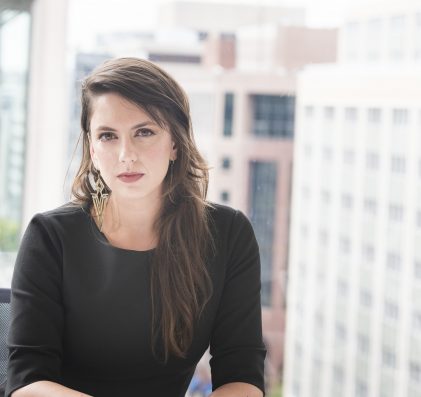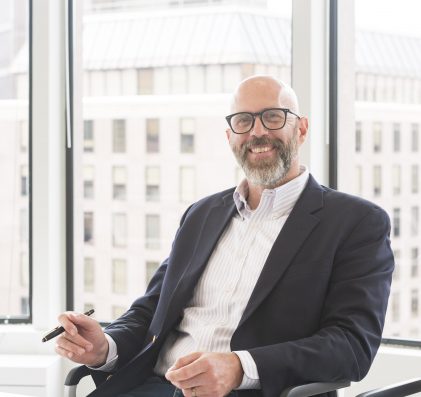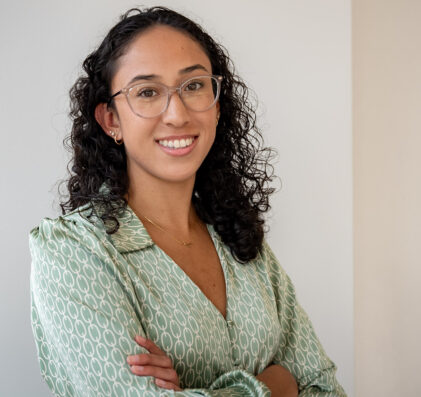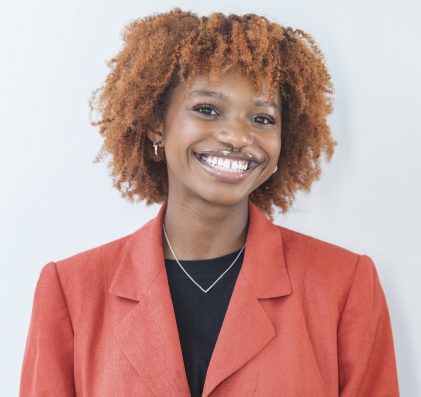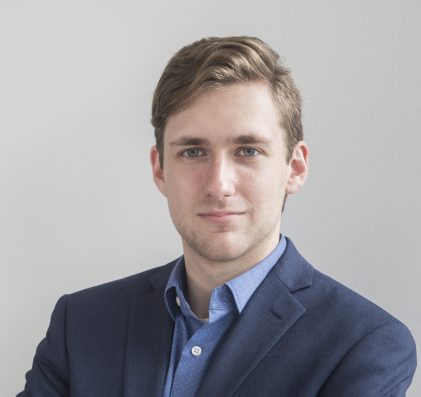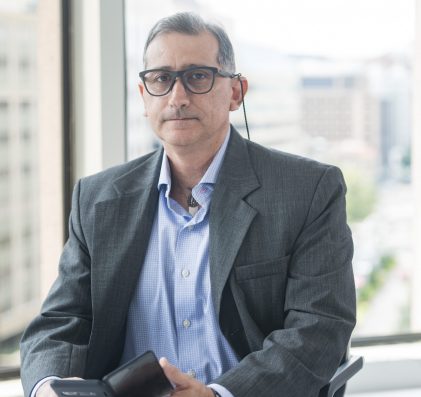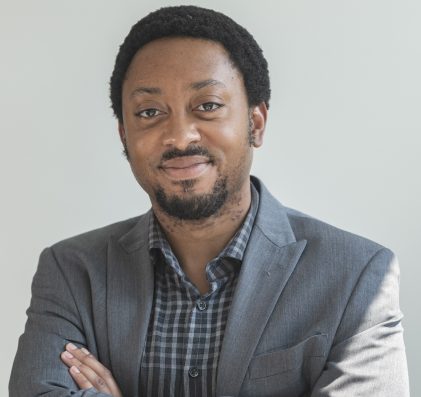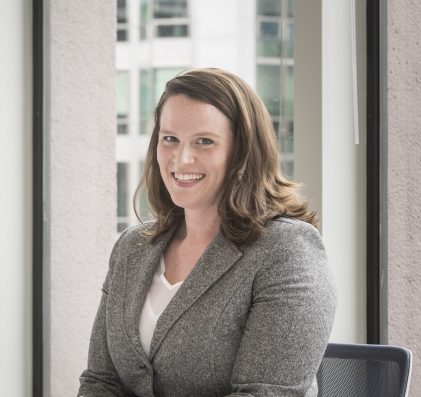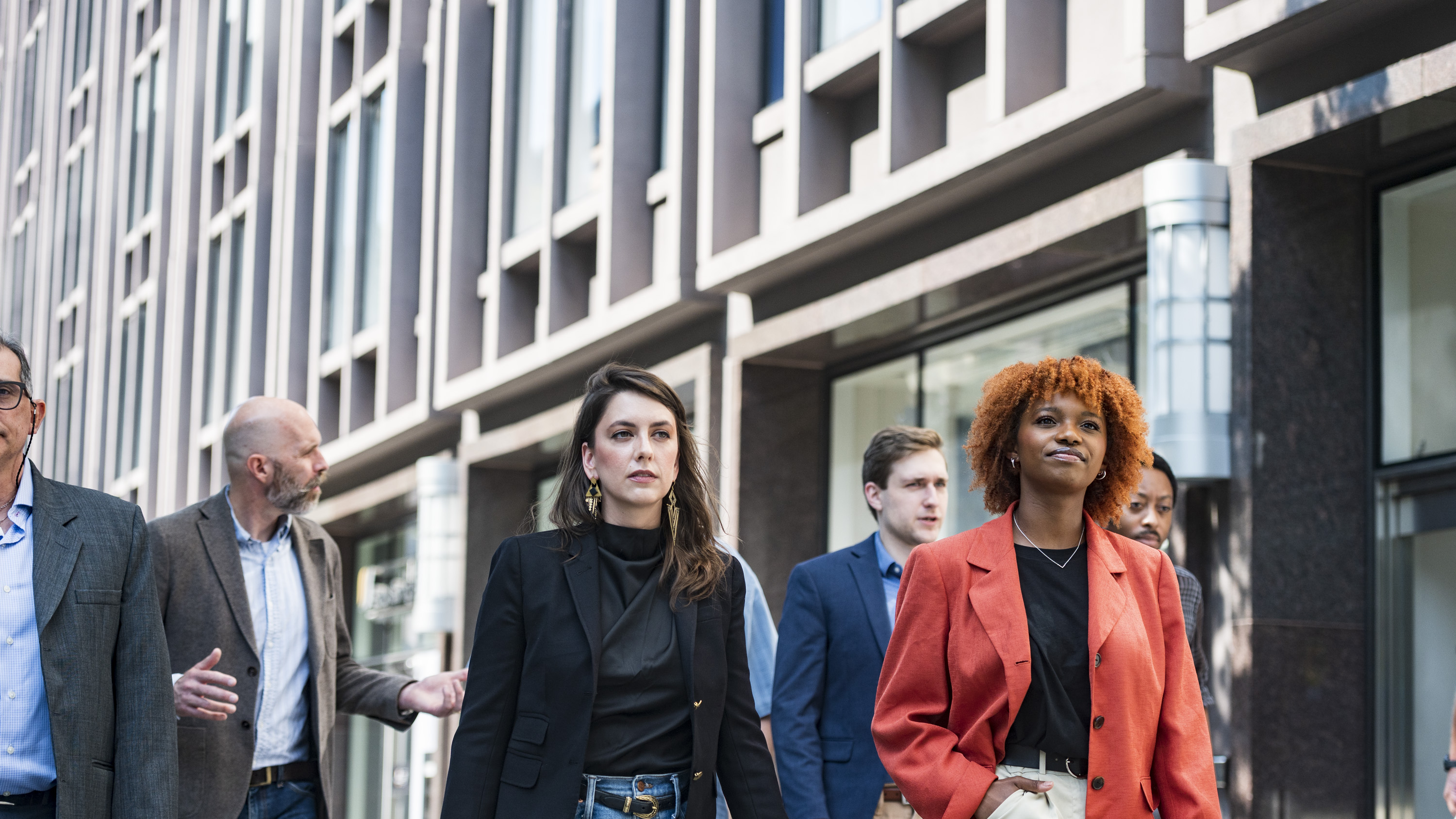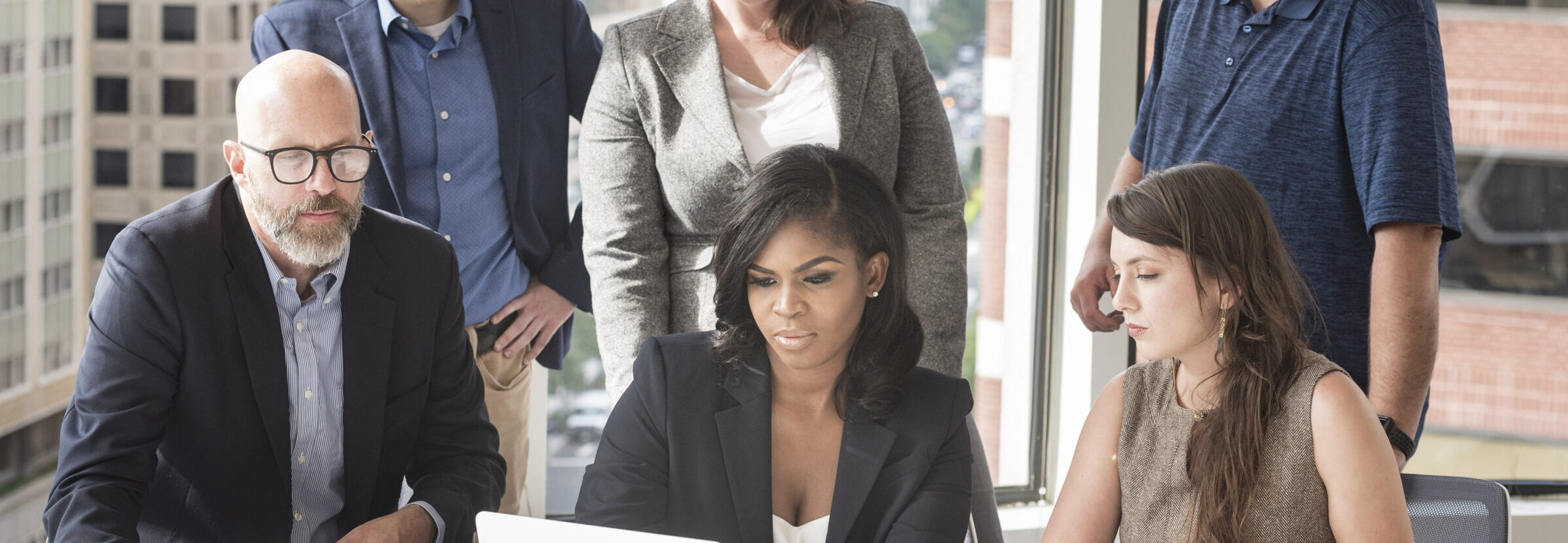In a capital murder case where we were appointed by a federal judge to work for the defense, the crime, an alleged act of terrorism, occurred on another continent. Our investigation involved locating and interviewing several witnesses scattered throughout eight countries on three continents, including in the country where the alleged crime occurred, an underdeveloped and autocratic country where the government was hostile to the defense. Our challenges included navigating the strict privacy laws of various countries in order to find the witnesses; finding translators in order to help facilitate the interviews; and discerning who we could trust in the communities where the alleged crime was so politically charged.
We started by scouring the Internet for any mention of the alleged crime, and we used pieces of information developed from these sources to collect the non-biometric identifiers of our witnesses: pieces of information, such as their ages, that might come in handy later in the investigation. In some instances, we were able to locate witnesses based on online sources, such as one witness in a foreign country who we located through his pilot’s license in the United States. Another witness we identified through a public phone listing in Europe.
The investigation we did in this case was instrumental in the capital murder charges being dismissed against the defendant.
We then vetted and hired investigators in several countries to scout our advance and to help us identify witnesses’ possible locations using the information we provided them. In some of the underdeveloped countries, where there were no private investigators, we reached out to non-governmental organizations to identify trustable translators and to learn about operating in these environments.
Once we laid this groundwork, our investigators traveled to several countries, further vetted translators, and followed the leads to locate the witnesses. In one instance, with only a hand drawn map and a good translator, we were able to locate several witnesses located in a highly remote area of a significantly undeveloped country, miles from any paved roads or electricity.
The investigation we did in this case—and particularly the work we did locating these hard-to-find witnesses—was instrumental in the capital murder charges being dismissed against the defendant.


